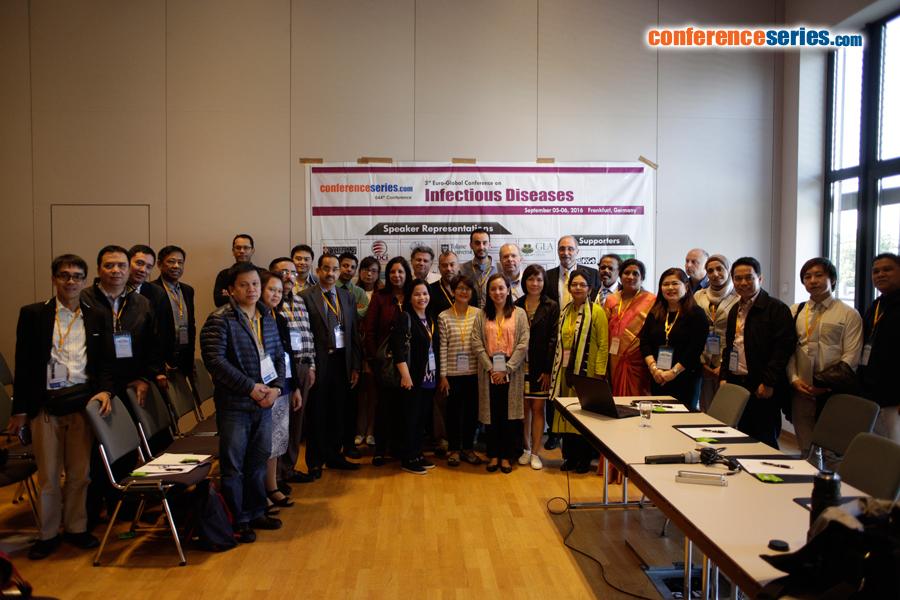
Pietro Mastroeni
University of Cambridge, UK
Title: Immunity, vaccination, antimicrobial treatment and in vivo pathogen behavior: From the laboratory to clinical setting in endemic regions
Biography
Biography: Pietro Mastroeni
Abstract
Accurate targeting of appropriate vaccination and therapeutic strategies must take into consideration the behavior of pathogens within the host. Animal models have provided many insights into those host-pathogen relationships that control bacterial infections. New approaches based on advanced microscopy, individually-traceable molecularly tagged bacterial populations and mathematical modeling have exploited the robust and tractable Salmonella enterica murine infection model to capture the many variables that underpin the location, spread, division, death and persistence of microorganisms within an animal. Immunological or genetic manipulations of B and T-cell mediated immunity, signaling pathways, cytokine networks and phagocyte effector functions modulate host resistance/susceptibility and have provided solid information on which immunological effectors control and eliminate disease. These models have also enabled us to test different classes of vaccines and antibiotics and determine which ones are likely to induce the highest level of protection in other animal species and in humans. The higher incidence of some invasive bacterial infections in patients with genetic immunodeficiencies, individuals carrying specific immune gene alleles and patients with comorbidities (e.g., malaria, severe anemia, HIV), indicates common resistance/susceptibility traits between mice and humans. The presence of comorbidities in endemic areas poses serious challenges to disease prevention by undermining those elements of the innate immune response that are the foundations upon which vaccines build resistance. There are currently large gaps in our knowledge of the mechanisms that control many bacterial infections in humans and we still do not fully understand of how comorbidities, alone or in combination, impair immunity. A major challenge ahead is to link risk factors/comorbidities with specific immunological/functional defects that determine increased susceptibility to infections in endemic areas. This will provide a rational pathway to develop approaches and tools to restore such defects in individuals with high risk of contracting disease and will inform development and rational use of vaccines and antimicrobial treatments.




